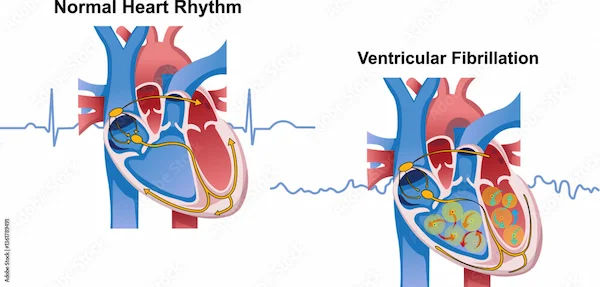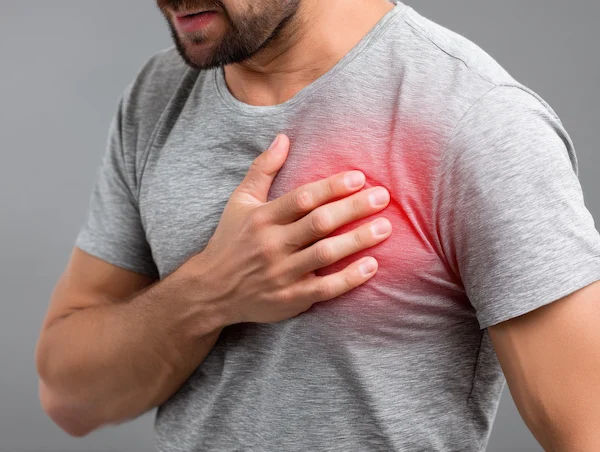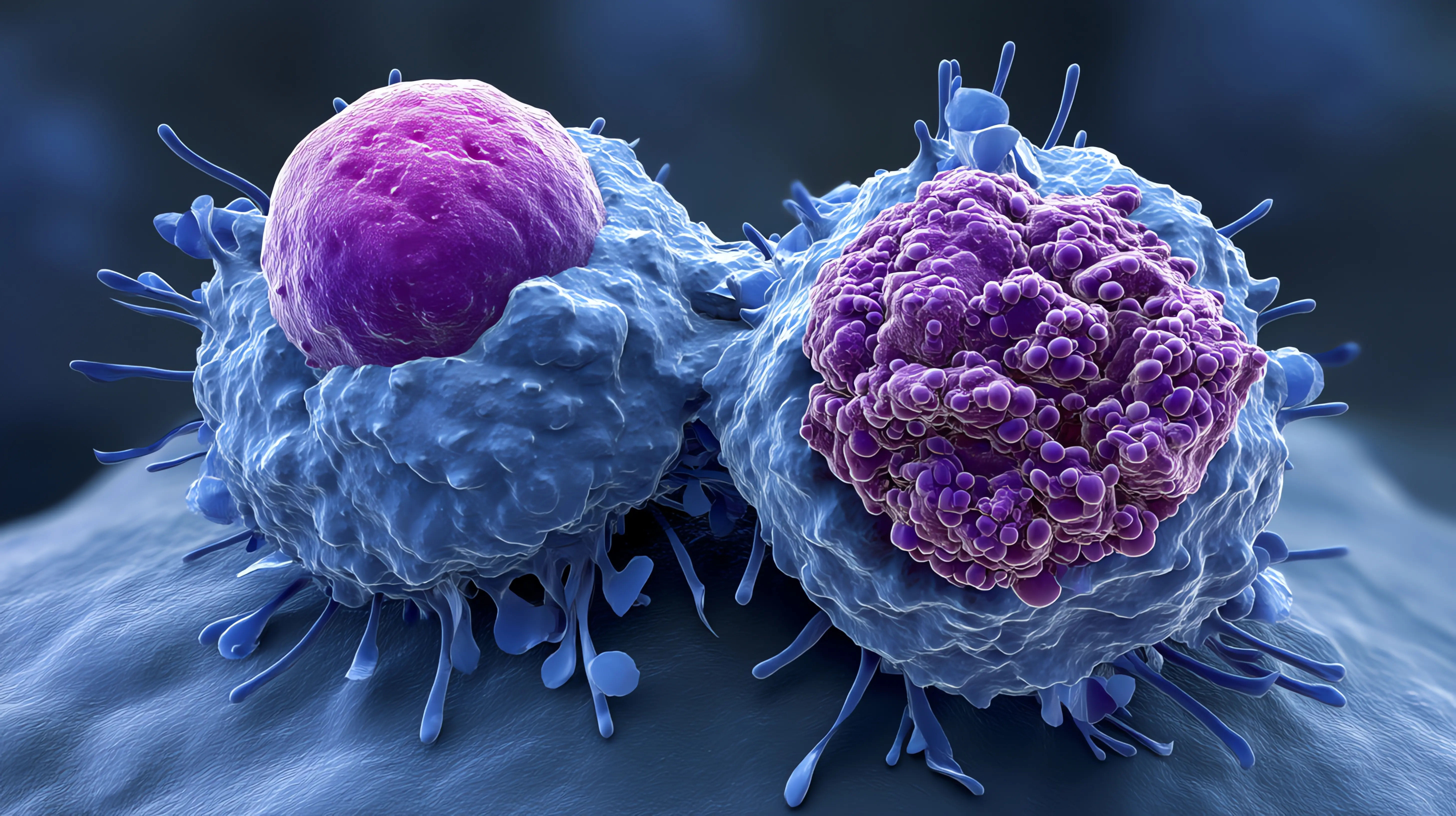- Male
- 31 Years
- 22/01/2025
I'm thinking about trying EECP therapy for my dad. He had a heart attack two years ago and he's got a stent in one artery, while the other two are clogged with 90% and 80% blockages. I've heard a lot of positive things about this natural bypass therapy, and some hospitals do offer it. But I'm just not sure about the results. Is it really effective? Or would angioplasty be the better option here?
Answered by 1 Apollo Doctors
EECP therapy can be a beneficial option for your father's condition. It is a non-invasive treatment that can help improve blood flow to the heart muscle by promoting the development of collateral circulation. However, in the case of significant blockages like 90% and 80% in his arteries, angioplasty may be a more suitable option to directly address the blockages. For the blockages your father has, angioplasty with stent placement may be recommended to open up the blocked arteries and improve blood flow to the heart. This procedure can help reduce symptoms and lower the risk of future heart-related complications. I recommend discussing these treatment options with your father's cardiologist to determine the most appropriate course of action based on his individual condition and medical history.
Dr. Ibrahim Suggests...
Consult a Cardiologist
Answered 04/07/2025
0
0

More Cardiology Health Queries
View allI've noticed that my heart rate is usually somewhere between 68 to 83 bpm during the day. But for the past week, it's been up between 90 and 118 bpm, and it doesn't drop below 85 even when I'm sitting for a while. When I'm asleep, it goes from 50 to 75 bpm. I started going to the gym for cardio and strength training about a month ago, hitting it 5 days a week. Nothing's really changed with my diet or work hours. Had my ECG, ECO, and BP checked and everything seemed normal. What could be causing this increase in my heart rate? Should I be worried about it?
Based on the information provided, the increase in your heart rate could be due to the increased physical activity from your gym routine. It is common for heart rate to be elevated during and after exercise, especially if you have recently started a new workout regimen that includes both cardio and strength training. To help regulate your heart rate, you can consider taking a beta-blocker medication such as Metoprolol. I recommend starting with a low dose of Metoprolol 25mg once daily, and you can adjust the dosage as needed based on your heart rate response. It is important to monitor your heart rate regularly and consult with your healthcare provider for further guidance on medication management. In addition to medication, make sure to stay hydrated, get an adequate amount of rest, and listen to your body during workouts. If you experience any concerning symptoms such as chest pain, dizziness, or shortness of breath, seek medical attention immediately.
Answered by 1 Apollo Doctors
Is it normal for my resting heart rate to sometimes drop to 55? I've been keeping an eye on it using my Apple Watch, and I've noticed this happens on about six days over the past month. I'm currently taking Ciplar LA 20 since July, and before that, I was on Petril Beta for two months. Also, when I exercise, my heart rate shoots up to between 150 and 180 but returns to normal pretty quickly after I stop. I had a stress echo test done last December and everything was fine, but I'm wondering if I need any further testing. What do you think?
Resting heart rate between 54 to 60 beats per minute is considered normal for adults. Since you have a history of taking Ciplar LA 20 and Petril beta, which are beta blockers, it is expected to have a lower resting heart rate. Your heart rate increasing to 150 to 180 beats per minute during exercise is also normal and shows that your heart is responding appropriately to physical activity. As long as your heart rate returns to normal after you stop exercising, and considering your previous normal stress echo test results, there is no immediate need for further testing. Just continue monitoring your heart rate and consult your doctor if you notice any concerning symptoms.
Answered by 1 Apollo Doctors
I'm dealing with shortness of breath whenever I lift something heavy or climb stairs. A doctor mentioned heart valve replacement before. I'm curious about how serious this could be and what steps I might need to take. Could this really be related to the heart valve issue, or might there be something else going on? Would replacement be the only option?
Shortness of breath during physical activity can be a sign of heart valve problems. In your case, it may be necessary to consider a heart valve replacement surgery. One common medication prescribed for such conditions is Metoprolol (brand name: Lopressor) at a dosage of 25-100mg per day. However, the specific treatment plan should be discussed with your healthcare provider after a thorough evaluation of your condition.
Answered by 1 Apollo Doctors
Disclaimer: Answers on Apollo 247 are not intended to replace your doctor advice. Always seek help of a professional doctor in case of an medical emergency or ailment.



.webp)
